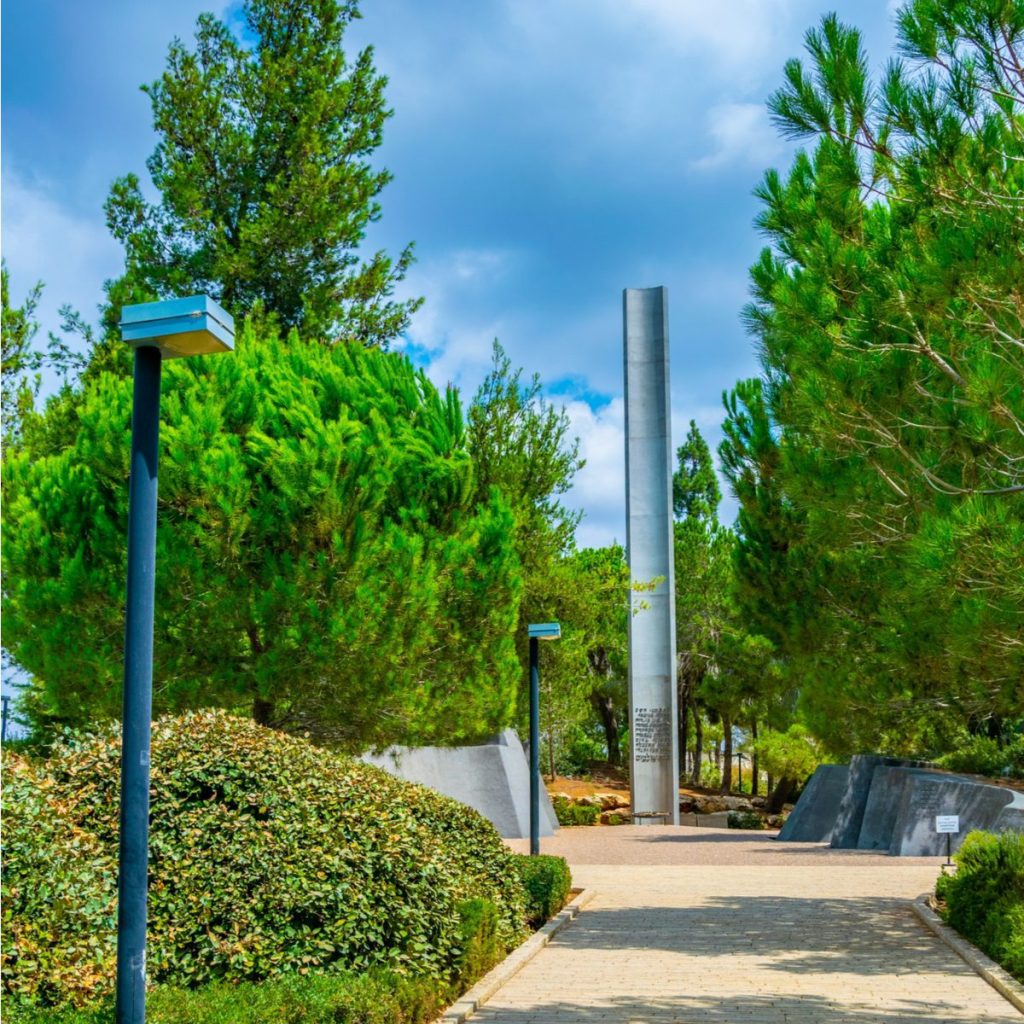This post is about Heroism in Judaism. what does Pirkei Avot have to say about that? So in Pirkei Avot Chapter 4, Ben Zoma says:
Who is mighty? One who conquers their impulse to evil, as it is written:
“One who is slow to anger is better than the mighty, and one who rules over their spirit than one who conquers a city”
(Proverbs 16:32)

In my private tours of Israel l like to follow Jewish heroes during the tours. I try and examine the concept of heroism, and ask along on my guided tours, who is the hero? And we will do that by visiting important sites and bringing back to life famous Biblical figures. For example David and Goliath; Samson, our Jewish version of Hercules; King Saul. Even modern heroes, perhaps known a little bit less but were not less heroic in their actions. But I’ll keep their amazing stories for later.
Heroism in Judaism: Different Aspects of Herioism
Surprisingly, the idea of heroism wasn’t always limited to the male that won in the war from the days of the Sages. As our quote said, the hero is the one that conquers their impulse! In another version of this famous saying it is written:
“Ben Zomah said: who is the hero of heroes? The one that can restrain himself […] and some said: the one who make his hater to his lover”
(Avot de-Rabbi Natan [version A] 23)
The one that can control himself and the one that can cause his hater to be his lover are two more types of heroes. Both are fighting against the first interpretation that a hero must be or should be an army leader. Another beautiful Midrash describes the hero as the one who helps his friend not to fall to a pit, and he feels you must help him to go outside from the pit. According to this Midrash, a hero is the one who will try to save people from dangerous things as we can think in our mind about firemen or policemen.
I would like to end with the words of thinker and philosopher Y. Leibowitz that tried to offer to redetermine Heroism in Judaism:
“We didn’t find that military heroism is the possession of good and excellent people. We can find it also in inferior people. That means that for the average man it’s easy to be a hero when his life is in danger than to stand every day against temptations of property, the temptation of ruling over, or the sexual urges. If a man is a hero in the army (a great soldier) it doesn’t mean that he would be a great man neither wise, honest and decent. On the other hand, a man that was a hero against impulses that derive from jealousy, hatred, lust, and honor – he is one of a kind”

